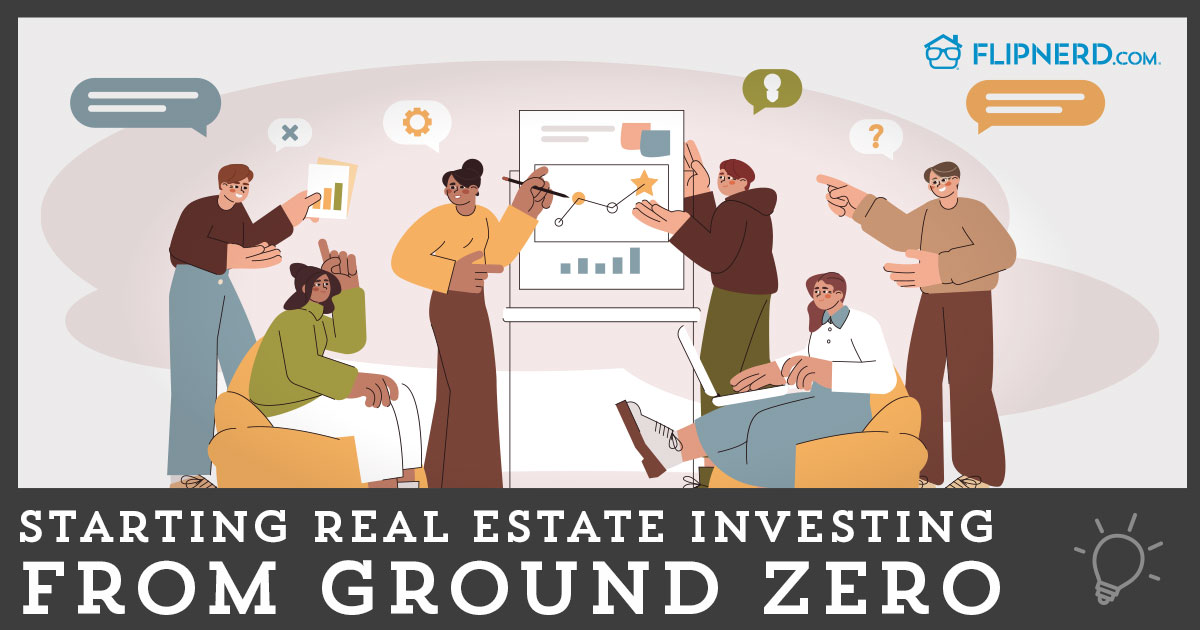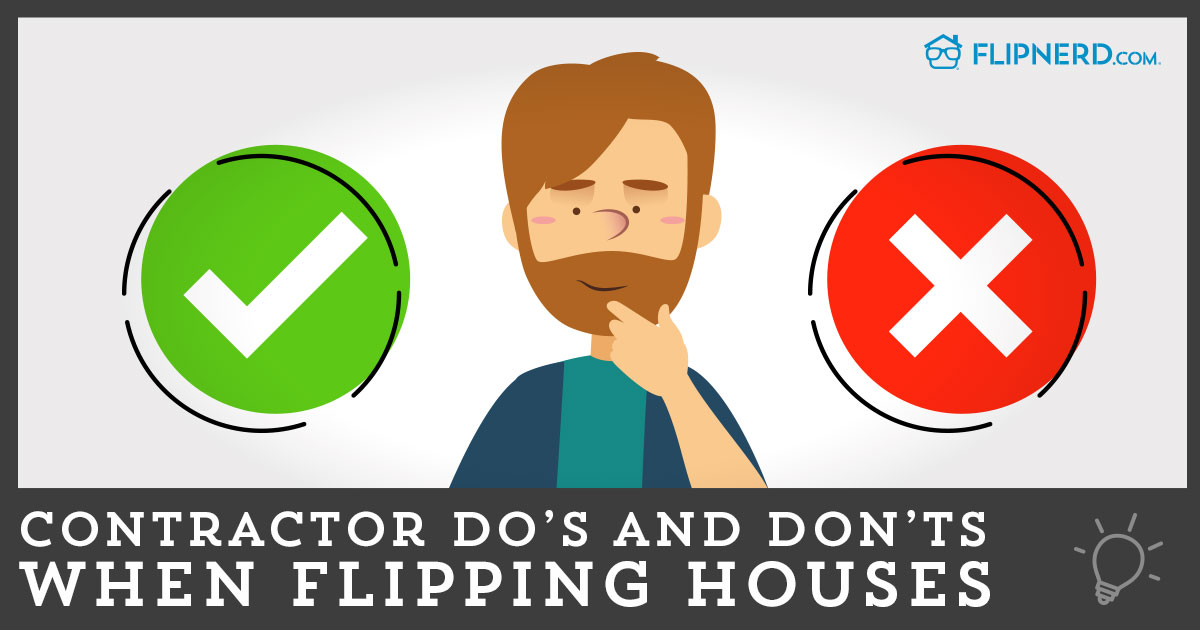Some red flags to retail buyers are blessings for real estate investors.
The kitchen is outdated. The roof needs to be replaced. There seems to be a plumbing issue.
These are all red flags that a normal retail buyer might shy away from simply because they don’t want to deal with it. Most want a house that’s move-in ready with little to no repairs.
Consider the old saying, “One man’s trash is another man’s treasure.”
Real estate investors look high and low for properties like this. A property that needs repair means an owner who isn’t vested in the property and can bring a hefty discount.
This being said, there are some red flags that even real estate investors should take into consideration before agreeing to buy. These are warning signs that could potentially lead to you sitting on the house longer than you intend, and your profit being eaten away.
Bad Location
If a property is right next to a major roadway or railroad, it’s a turn-off for most people that are going to be staying there, and there’s not a thing you can do about it.
A neighborhood with multiple vacant properties or a high crime rate is another red flag. If you plan on renting it out, your tenants aren’t going to feel safe there and you’re vacancy rate might very likely go up.
It’s important to consider the schools nearby as well. A bad school can deter families from even considering your property to rent out.
Bad Layout
Layouts are an obstacle that’s hard to overcome unless you plan on knocking some walls down and doing a heavy fix-and-flip.
Some floor plans just don’t make sense.
With bad layouts, you have to decide just how “bad” is the layout. Is it bad enough that buyers would turn away? Would you have to take a hit on the price because of it? Could it be fixed if you had your contractor come in?
You Aren’t Talking with the Owner
This becomes a big issue when you’re dealing with probate. If it’s an inherited house, make sure you’re in communications with everyone that has a piece of the property. Just because the son wants to sell the property, doesn’t mean the daughter has the same opinion about selling.
If the property is owned by both husband and wife, confirm that the other spouse is on the same page. You don’t want to spend your valuable time working on a deal when one of the owners doesn’t plan on selling.
The Owner Owes More Than it’s Worth
Negative equity is no one’s friend.
Owners that owe more than it’s worth aren’t as likely to settle for a discounted offer than an investor can make. They’re trying to get as much as they can to help offset what is owed.
The Numbers Don’t Add Up
If you can’t make the numbers work, then you shouldn’t buy the property.
Many times, the price you’ll be able to offer after taking repairs and profit into consideration isn’t going to be high enough for a seller with retail expectations.
Not Every Deal is the Right Deal
Some properties won’t make sense for you to buy. It’s normal for investors to look at a lot of houses before securing a deal.
Know your limits as to what aspects of the property you’re okay with.
Depending on your market, some red flags can be overlooked because the property will still sell or rent well.









